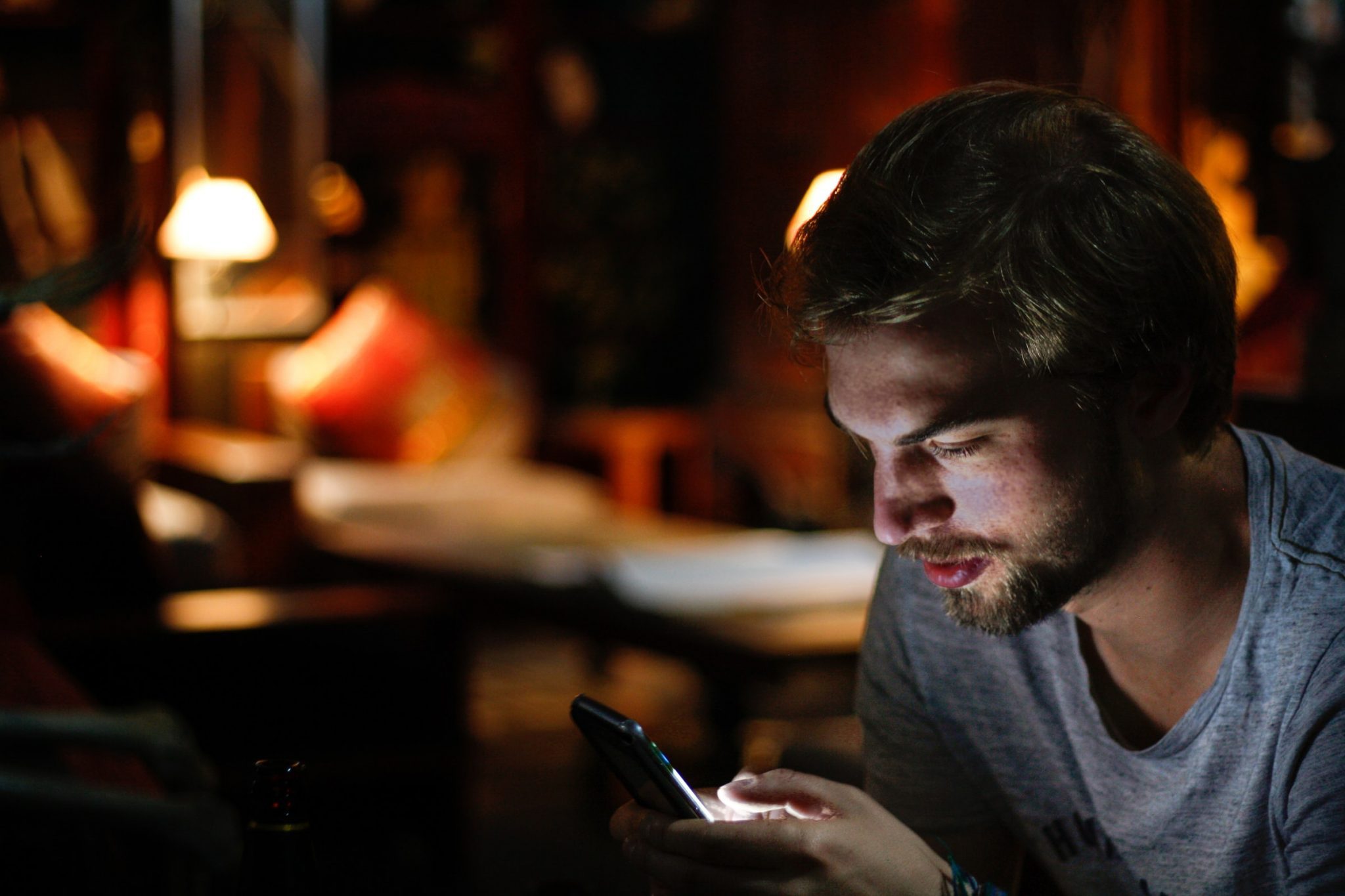Skift Take
Most pieces of hotel research tend to look at how guests feel about staff service levels, or fluffier stuff like dining and decor, but a new psychological study commissioned by Amadeus reveals the extent to which a brand can be damaged by a poor payment experience.
It’s just not “cool” to pay a hotel bill at the end of your stay — but it’s nothing to do with getting hit by the high bar bill (or being overcharged for bottled water.)
A new report has found that the process of paying when checking out leaves a lot to be desired. Guests feel anxious because now it’s twice as onerous compared to buying things in their everyday lives. There’s also the fact that everything needs to be paid for at the end, which means guests are left guessing how much they’ve actually spent.
The net result is more damaging to the hotel’s brand and reputation than you might think, travel technology company Amadeus has warned in a new psychological analysis. They risk losing entire markets, not just individual customers, while hotels could also miss out on the chance to persuade guests to buy more ancillaries by failing to adapt more modern payment technologies.
Heightened Anxiety
Guests experience heightened “anxiety” and “uncertainty” when paying at hotels, according to behavioural insights agency Innovationbubble, which Amadeus commissioned for the report. It interviewed hundreds of international leisure and business travelers from the U.S., UK and Brazil to uncover conscious and non-conscious perceptions.
The main problem is that travelers still typically pay for their stay at check-out using physical terminals, rather than at time of booking using modern digital systems. Hotels still mainly process payments at the desk based on their own local payment system, so the guest will never know for sure if their bank card will be accepted.
Innovationbubble said 40 percent of respondents recently experienced some kind of problem when paying at the hotel, with more than a third of respondents saying they couldn’t pay how they wanted during a recent stay. Some 66 percent said the hotel should have their payment method on file.
A minority of guests said it was such an issue that they actively prepare in advance by taking back-up payment methods to the hotel.
The Amadeus report, called “Opening the door to guest-centric payments: The opportunity for hospitality,” stated the problem is particularly acute for Chinese guests that prefer to pay with WeChat Pay, AliPay or China Union Pay cards, and are forced to pay in cash or to find alternative local methods when traveling.
Making payments at home were also twice as “cool” compared to making hotel payments, its poll (below) revealed.
The study also cited “non-conscious” analysis, and said consumers are far less likely to associate hotel payments with positive feelings like “ease” or “convenience.” As this is often the last interaction a guest has with the hotel, a bad experience will sour the overall feeling they had.
“The anxiety caused by a negative payment experience lingers in the consumer’s mind, with guests telling us it influences their overall perception of the stay,” said Jamie Halliday, strategic insights director at Innovationbubble.
Hotels may also cede business to online travel agencies.
“When it comes to payment, if the guest attempts to book on the brand.com and is faced with a cumbersome process to transfer their card details to the property, they might choose to shop with an OTA instead,” the report stated. “At a time when many brands are pushing for more direct business, an inability to take payment could undermine broader distribution objectives.”
Pay As You Go?
There was also little evidence that guests were able to pay for incidentals, like room service, “incrementally” to understand how much they had spent during the stay.
The study found 90 percent of people wanted to pay for ancillaries in the hotel’s app, which is a feature rarely available today.
As a result, there are missed merchandising opportunities. Hotel chains that pass the guest’s card details to the property miss an important chance to develop end-to-end merchandising opportunities, according to the report. Hoteliers aspire to “attribute-based selling,” where the attributes of a room and the property are categorized and merchandised to drive incremental revenue and guest satisfaction.
Hotels are also at risk of missing out on the current Buy Now Pay Later craze. Amadeus claims this is important for upselling, with 68 percent of travelers saying they would be encouraged to spend more on summer travel, and 49 percent were more likely to purchase an ancillary service, if Buy Now Pay Later was available.
Delta Air Lines, for example, recently started offering this functionality in collaboration with American Express’s Plan It tool across the airline’s website and app.
Transparent hotel pricing isn’t too much to ask, but it’s not easy to deliver.
What Can Be Fixed?
It’s a work in progress.
Amadeus points out that properties are typically owned by individuals or franchisees, with international brands supplying services like marketing, property management systems and training. But not payments.
“You have payment systems flourishing everywhere that are very local and not global,” Francisco Perez-Lozao Ruter, president, hospitality at Amadeus, told Skift in an earlier interview.
So at the top level, hotel groups need to address this payment friction and invest in payment technology. Overall, 77 percent of respondents said it was the hotel’s responsibility to make payment easy.
Have a confidential tip for Skift? Get in touch
Tags: amadeus, american express, business travel, corporate travel, delta air lines, digital payments, hotel technology, hotels, mobile payments, payments
Photo credit: The study found 90 percent of people wanted to pay for ancillaries in the hotel’s app, which is a feature rarely available today. Eddy Billard / Unsplash

